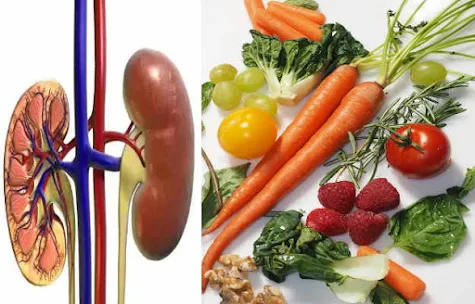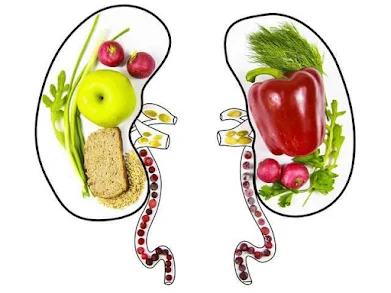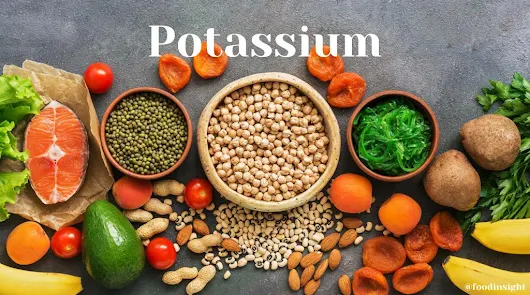Kidney Disease and Diet: What To Eat And What To Avoid
Kidneys are considered as the most important part of our body. If your kidneys are not working accordingly then a proper treatment is very essential and the treatment includes a proper diet as well which is prescribed by your doctor, the diet should have everything in balance, it should have a proper proportion of sodium, protein, and potassium. If a proper fraction of these nutrients is available in one’s diet then it would be really helpful for the betterment of the kidney diseases.
If you are suffering from any of the kidney diseases
then you should recommend a good dietitian nutritionist who can guide you
throughout and provides you with the proper diet plan as well. Your dietitian
will explain you about the foods which you should include in your diet and how
to eat well and manage with the health plan which is really vital for your
kidneys and your good health.
RELATED: 5 Possible Ways To Treat Kidney Stones
Good Diet for Kidney Disease
You will need a meal plan which fulfills all your
body’s needs and that diet chart can be maintained by your dietitian who will
consider all your food choices, your lifestyle, and all your special needs.
Protein
Protein helps in building, repairing and maintaining
every single cell of your body plus it provides energy to the body. When your
kidneys are not working properly so they are not able to handle much of protein
to fulfill the requirements you need to eat such food which is enriched with
carbohydrates and it provides your body with full energy that it needs. So the
limited protein which you intake can be used in cells repairing process.
Where to Get Protein
So, your diet plan should have proper coverage of
fats (unsaturated or monounsaturated), carbohydrates, and vitamins. The main sources which provide your body with
proteins are fish, meat, eggs, beans, poultry, nuts, bread, cereals, seeds, and
vegetables.
Sodium
Sodium helps the body to retain fluid as it helps in
raising the blood pressure. The people who are suffering from kidney diseases,
additional intake of sodium and fluid can build up in your body which can be
effective for your health and lungs too.
So, it is very important to consider a proper daily
sodium limit and your nutritionist is well aware of how to do that with ease
and not to cross the limit.
Salt and some processed foods are a great source of sodium
so it is very important to check the labels for salt content of every product
you buy plus if you are using any alternate of salt so do check the proportion
table of it too as it contains potassium which should also be taken to the
limit
RELATED POST: 11 Foods to Avoid If You Have Bad Kidneys: Kidney Health
Potassium
Likewise sodium, potassium must also be taken in
balance in your body. If you are a kidney patient then the potassium level in
your blood can rise which will affect your heart beat and your heart will not
able to provide the proper functionality, so your new diet plan should have a
limited intake of potassium and your dietitian knows how to stay in that limit.
The sources of potassium include many fruits and
vegetables, beans, nuts and dairy foods as well. You should know about high and
low potassium resources before having any of these foods.
Your nutritionist is well aware of other aspects of
your diet as well as to which nutrition you should take in your diet and which
should be avoided and also about the content of the nutrition too. Here we are
sharing some of them:
• Total Calories: It is very important to keep the
calorie content in balance so that your weight should be in a healthy range.
• Phosphorus: If our kidneys are not able to provide
with proper functionality then phosphorus can be dangerous for your body as
phosphorus levels can rise in your blood, so a low phosphorus diet is
recommended.
• Calcium: If you have a high intake of phosphorus
in your body then it can decrease the availability of calcium for the bones. So
your diet should have a proper balance between calcium and phosphorus
• Vitamins and Minerals (particularly B-complex,
vitamin C, vitamin D, iron and zinc): If you start limiting certain food
products in your diet to keep less workload on your kidneys then you will lack
with certain minerals and vitamins.
It
is very important for people with kidney conditions take not of the above foods
in order not to burden the kidneys, doing so could shut down the kidneys.
Always consult your doctor.
ALSO: Avoid Dialysis: Clean Your Kidneys Now
Source:
wellness.com














